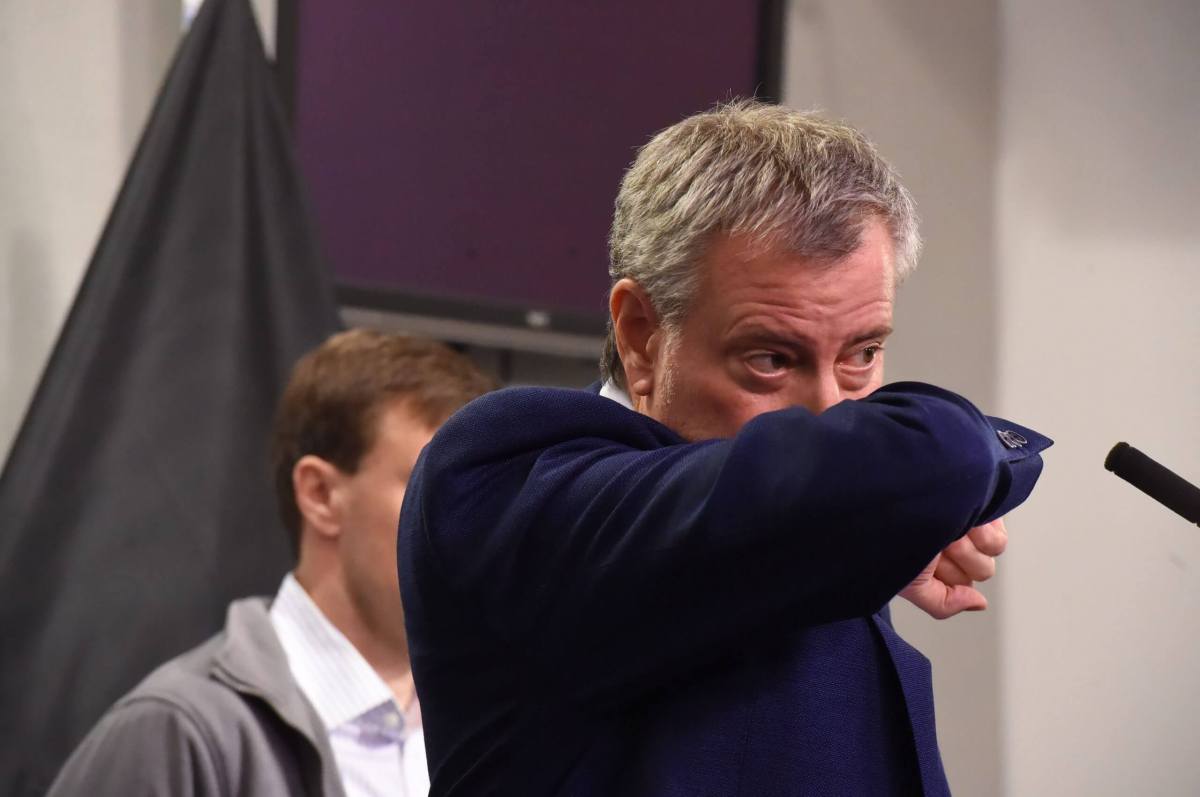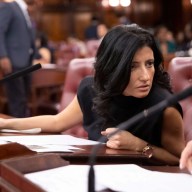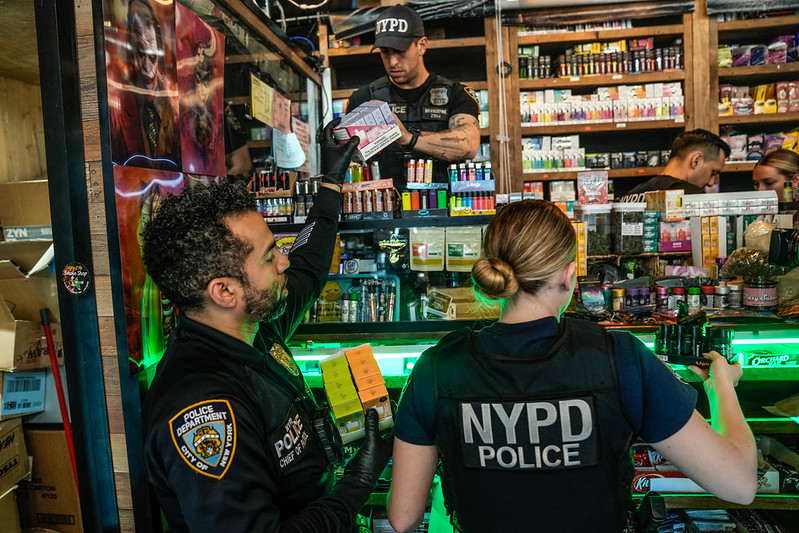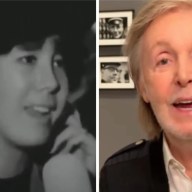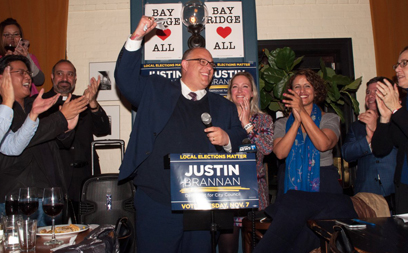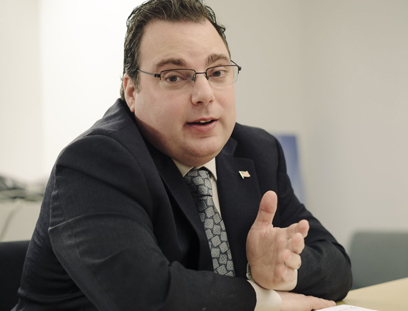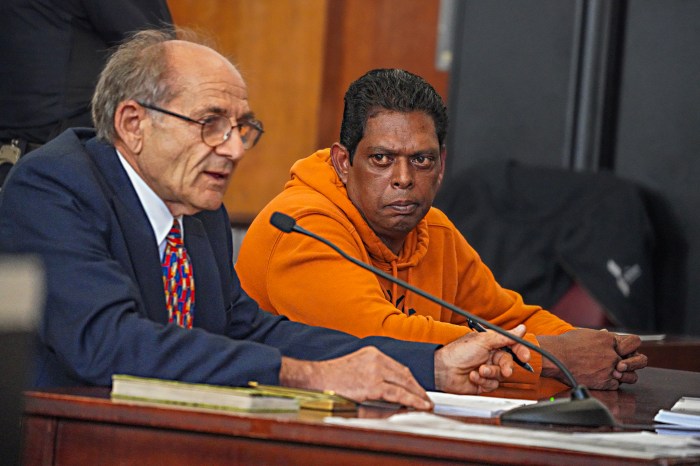The response to this national pandemic has provided clear examples of federalism, which divides power between different levels of government. This is the system the Founders established for our country with the U.S. Constitution.
I have always tried to provide real world examples of how federalism works while instructing my political science classes over the years. This pandemic will give ample material for professors and students in the years and decades to come.
As any student of government knows, one of the key issues to be resolved in establishing our U.S. Constitution was a deep fear of a strong central or national government. It is for this reason that our federal system was established, which limited the scope of power for the national government. As James Madison said in Federalist No. 45 in 1788, “The powers delegated by the proposed Constitution to the federal government are few and defined. Those which are to remain in the State governments are numerous and indefinite.”
In this current crisis, we see issues involving federalism in action. For example, despite the criticism from some Democrats that President Trump did not act quickly enough to shut the country down, he never had that power. Rather, the federal government recommended guidelines.
The actual decision to shut areas of the country down rested with the executives of state and local governments. This is why they have reacted at different times with varied measures. Not surprisingly, the data shows that governors and mayors who acted more quickly and boldly have had many less victims of the virus among their constituents compared to other areas, like New York.
Indeed, there is a role for the federal government during this crisis.
An area where the president does have jurisdiction is regulating foreign travel into the United States. Ironically, many of the same Democrats criticizing President Trump’s handling of this pandemic are the same ones that called him xenophobic when he blocked travel from China early on. This decision is now seen as undoubtedly saving many lives here in America.
The national government also responded with economic relief packages for individuals and businesses. In addition, while states have the primary responsibility for their health care facilities and supplies, the president and his Coronavirus Task Force have played an important role in supplementing them.
For example, the Army Corps of Engineers has built temporary hospitals within days around the country. The president also has announced a number of private-public partnerships to build medical supplies, including ventilators, to assist states.
Even Governor Cuomo recently acknowledged the help of the president when he said that Trump “has been responsive to New York and responsive to New York’s needs and he’s done it quickly and he’s done it efficiently.”
In politics, it is the level of government that is closest to the people that has the most direct impact on our lives, just as the Founders envisioned. For better or worse, this is also the case during a pandemic.
Bob Capano has worked for Brooklyn Republican and Democrat elected officials, and has been an adjunct Professor of Political Science for over 15 years. Follow him on twitter @bobcapano


